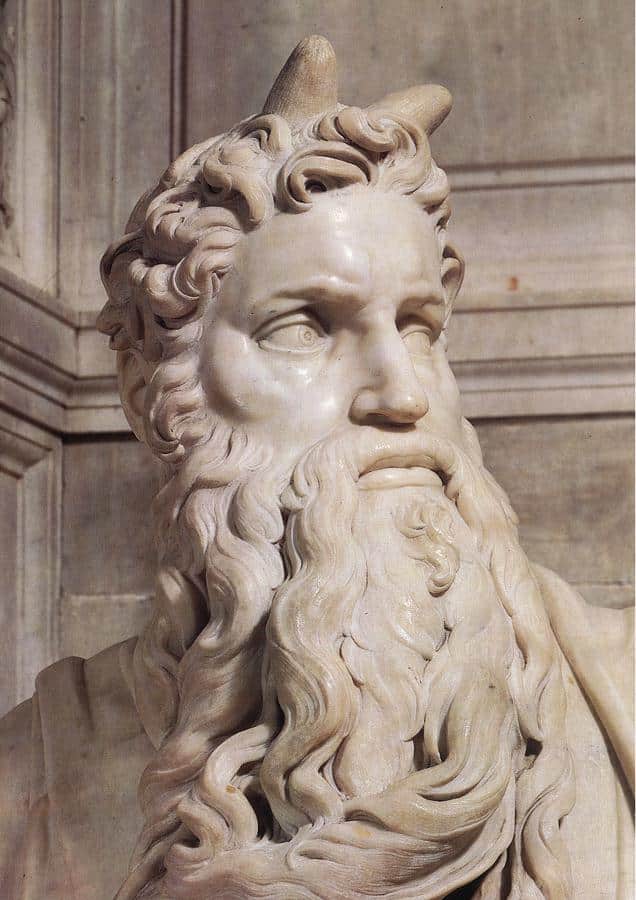Limitless, Part 4, Freed (cont.)
February 27, 2022Today's message was the fourth in a series called Limitless. A video of the message can be found here.
From top to bottom, this message was about truth and "walls/strongholds" built on truth. God's walls are built on truth. The devil's walls are built on lies.
As you might imagine, truth is a big deal in the Torah (as it is nearly everywhere in scripture). And it's not as easy to discern one from the other as you might imagine. A lie believed becomes a truth.
There are two Hebrew words involved here: emeth and emunah. Both are from the root aman meaning to be steady/firm and in its derivatives means to make firm, last, sustain, and/or support. These two words basically mean firmness, faithfulness, worthy. There is some difference, however. Emeth tends to be truth in the sense of opposite falseness. Emunah tends to be more having trust or faith in someone or something.
A classic example of emeth, tell the truth (not falsehoods), is in the story of Joseph when his brothers visit him in Egypt. It's in Genesis 42:16. The text speaks of requiring truth-telling AND it will be tested.
As for emunah, how many times does one get to quote Habakkuk?! Habakkuk 2:4: "A righteous person lives by his emunah - his faithfulness."
Click here for a nice list of occurences of the word truth.
Patrick mentioned two key lies that keep one from God:
- #1: God is not who He says He is.
- #2: You are not what God said you are.
As for #1, God is quite clear in the Torah as to what He is AND what He wants. He is the Creator of the world, and through the Exodus he has created a people to take to the world what He wants us to do. The Exodus and the providing of the commandments is the third time God attempted to make humans encourage the good urge and control the bad urge. The first was Creation when He gave humans a conscience, but that proved insufficient right off the bat with Cain and Abel. The second time was giving the Noahide lies to all mankind after the flood, which also failed. The third time was choosing a very small group of screwy humans to communicate God's commandments to the world.
Likewise regarding #2, God was very clear in the Torah as to who we are. We are made in God's image. We are male and female. We have good urges and bad urges leading to great evil and great goodness. We must not forget what God has provided and what God wants us to do in the face of affluence or adversity. The whole book of Deuteronomy is Moses reminding the Isrealites of all that God has revealed, in no uncertain terms.
"The truth shall set you free," John 8:32. The trick is that you've got to be able to separate actual truth from the lies with which we are constantly bombarded. As best I can tell, the Greek word for truth (aletheia) at play here more relates to emeth, in the sense of "not false" (not emunah, faithfulness).
During our group meeting, Kim asked if this was the same "truth" that is used when Jesus says He is the way, truth, and life (John 14:6). The answer is yes, aletheia. It seems to me that Jesus is claiming that not only does he speak the truth (emeth, not falsehoods) but is also trustworthy (emunah). This conversation took place in Jerusalem with the disciples. Jesus probably spoke in Hebrew or Aramaic, but the books of the New Testament, by the time they were written down, were written in Greek. This makes it hard to know exactly which Hebrew/Aramaic word was used. Hebrew speakers at the time may have picked up on either or both meanings. It's interesting to note that the literal meaning of aletheia is "not concealing." In fullness, it's similar to "the truth, the whole truth, and nothing but the truth."
Bonus Fun Fact
 The horned image of Moses by Michelangelo at Saint Peter in Chains in Rome has often raised eyebrows. Horned?! It's actually "horns" or rays of light. The Hebrew in Exodus 34:29 would be close to "Moses did not know that [light] shone on his face while he talked with Him." Those are rays of light, as best as rays of light could be carved in stone. The "horns" also remind some people of the two tablets of the Ten Commandments. See if you can picture two flashlights pointing down on Moses' head. The beam would widen out the closer it got to his head.
The horned image of Moses by Michelangelo at Saint Peter in Chains in Rome has often raised eyebrows. Horned?! It's actually "horns" or rays of light. The Hebrew in Exodus 34:29 would be close to "Moses did not know that [light] shone on his face while he talked with Him." Those are rays of light, as best as rays of light could be carved in stone. The "horns" also remind some people of the two tablets of the Ten Commandments. See if you can picture two flashlights pointing down on Moses' head. The beam would widen out the closer it got to his head.